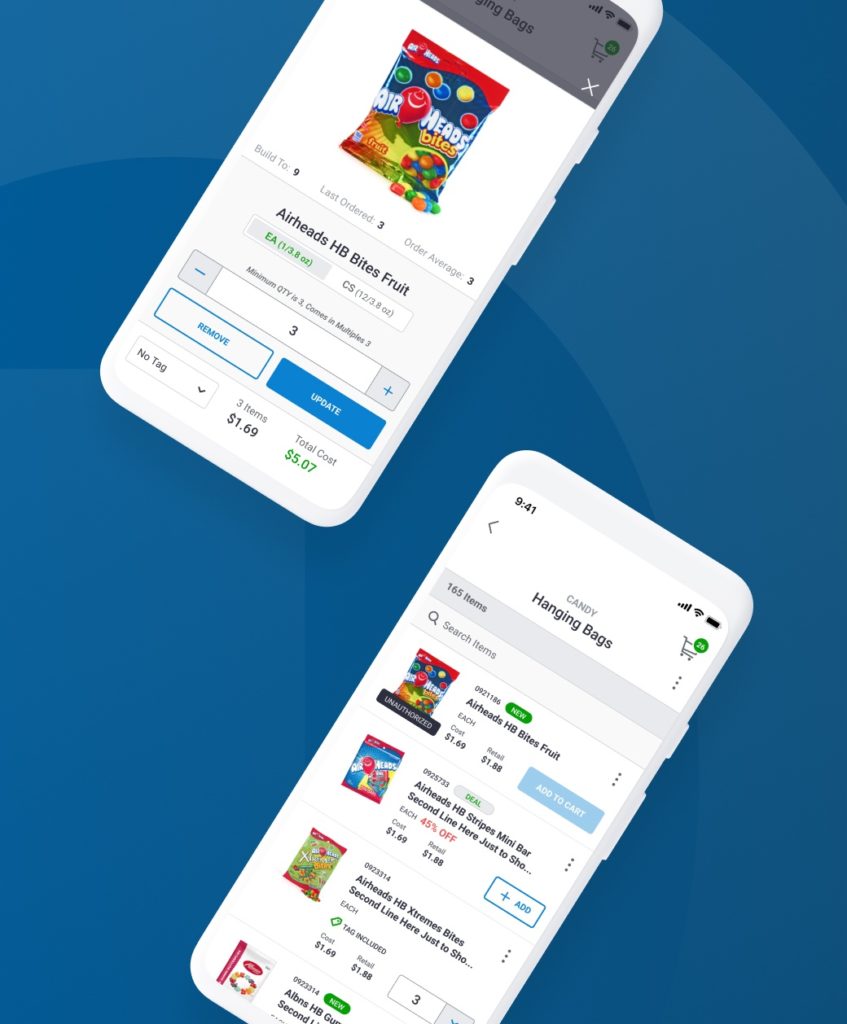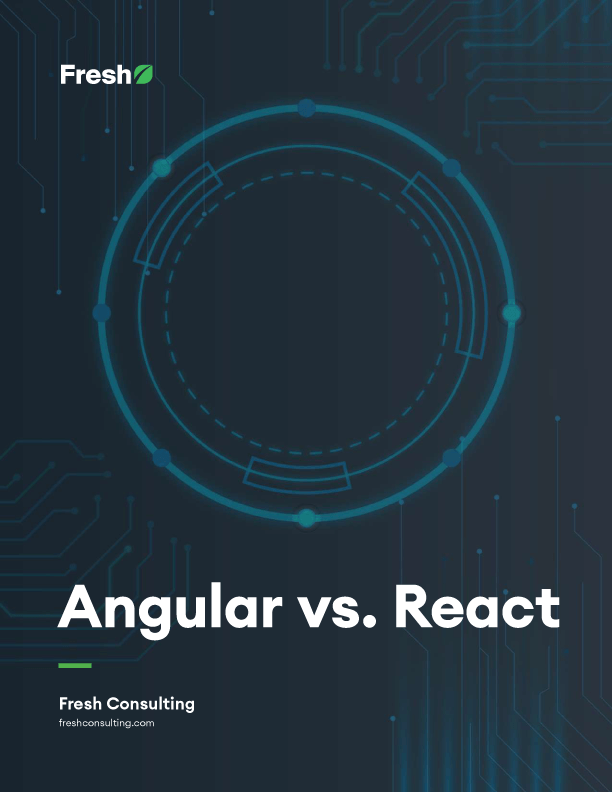Article
A Comprehensive Guide to Mobile App Development
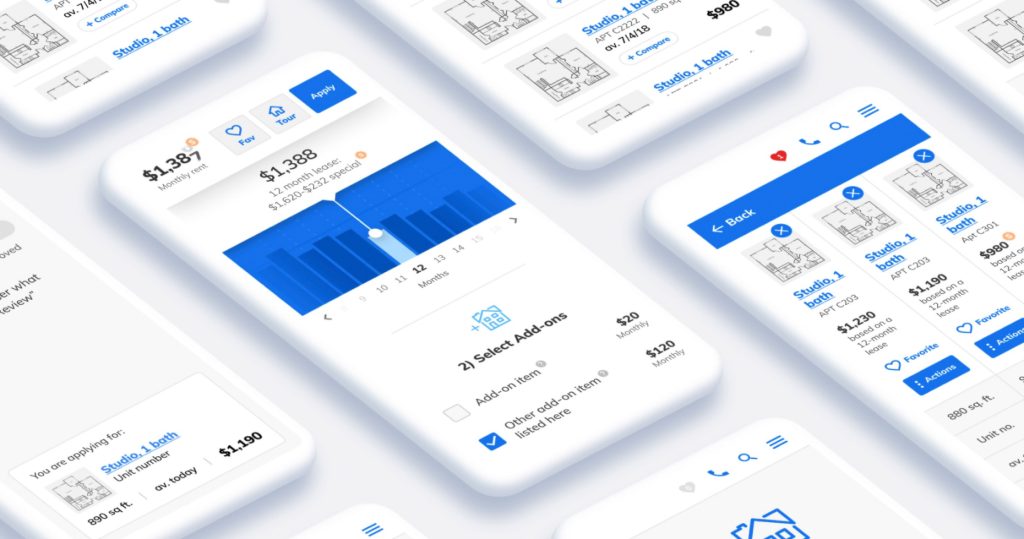
Mobile application development for devices like smartphones, tablets, and wearables requires a different process than traditional web development and the creation of web apps. Because many mobile devices now enable offline access to apps and services, there are even more development considerations to keep in mind.
With millions of mobile applications already on the market, an estimated 32,000 new iOS apps released in the Apple App Store every month, and around 70,000 new Android apps released in the Google Play Store every month, establishing differentiation is essential.
Organizations that prioritize customer experience and user experience (UX) through design and development will have a clear edge in this competitive space. Several important factors need to be considered to develop scalable mobile apps, including:
- Hardware requirements
- Mobile OS platforms
- Screen sizes
- Principles for UX app design
- Creating “minimum viable products”
Understanding the various processes involved in app development ensures that your apps simultaneously meets your business objectives and the needs of your target users. In this article, we will discuss the following:
- Mobile App Development Software
- Cross Platform App Development
- Mobile App Development for Android
- Mobile App Development for IOS
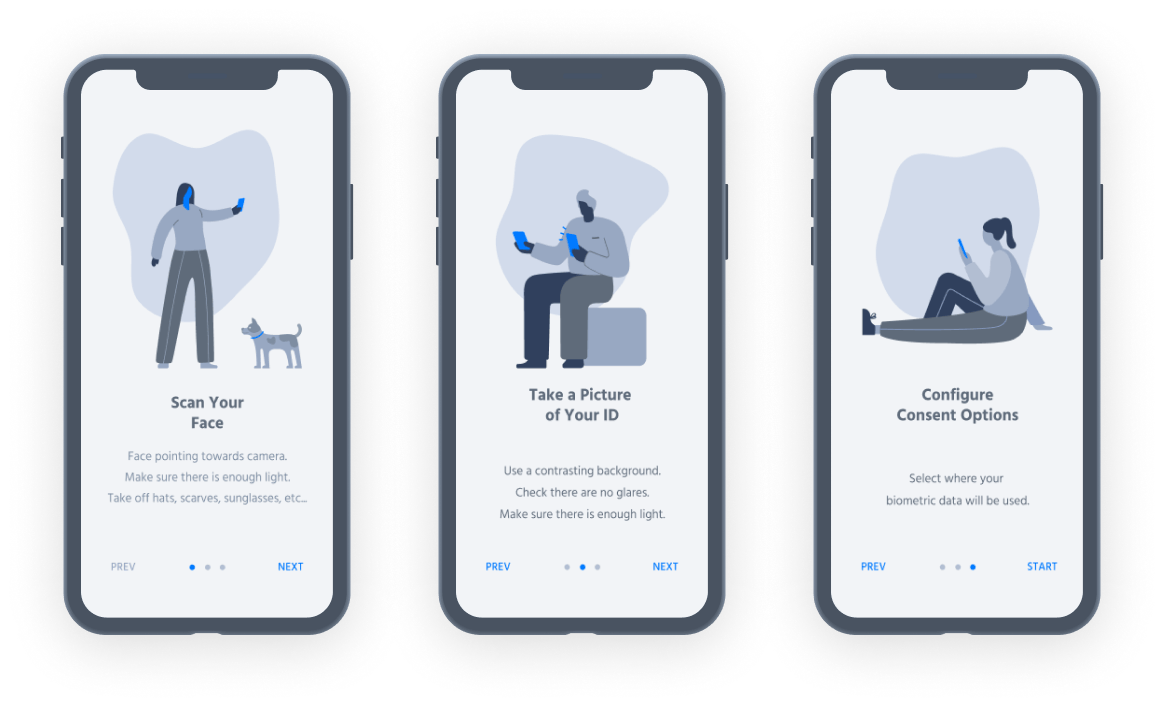
No Code, Low Code, and Traditional Mobile App Development Software
Historically, like software development, app development has earned a reputation for its complexity and being costly and time-consuming. Certain emerging development software can cut out some of the complexity of lower-level programming languages. This shift has made mobile app solutions more affordable even for small businesses. Keep in mind, however, that there are always trade-offs. While “no code” or “low code” solutions ungate the complex process of developing apps, the level of sophistication varies.
Here are six popular mobile app development software solutions. The final four (low- and no-code options) have the potential to decrease the various “costs” of development, but keep in mind that the level of sophistication and complexity of the apps you create will be impacted.
Libraries and Frameworks:
- React: React utilizes a rapidly growing, developer-supported ecosystem of routing, state management, and data-fetching packages. Fresh developers leverage React and its extensive community resources to create complex application architectures for various use cases.
- Angular: Angular is a cutting-edge, Google-supported JavaScript framework that expedites the development process from prototyping to production. Angular’s structural approach to programming provides robust guidance and tooling for development best practices.
Low-Code Options
- Flutter: Fresh has used Flutter to create apps, and while “less” coding know-how is required with Flutter––allowing you to create simpler apps without having extensive development experience––working in Flutter still requires the same logic and understanding as lower-level languages. Flutter is an open-source framework by Google, and it allows teams to build, test, and develop a variety of apps from a single code base for a variety of devices and OSs.
- Zoho Creator: Zoho puts user experience at the forefront while allowing you to create custom cross-platform apps for your business. Zoho offers a range of pre-built templates and visual builders, and little to no coding knowledge is required. Many users praise Zoho’s support team as well.
No-Code Options
- Appy Pie: Appy Pie allows you to develop apps without coding knowledge. You simply select and personalize a design, similar to something like Squarespace for web development. The user-friendly interactive dashboard uses a familiar drag-and-drop process so you can add various widgets and features, including chatbots. Once your app is complete, you can opt to have it distributed to the Apple App and Google Play stores.
- Kintone: If you’re looking for an app development platform that requires zero coding, Kintone also fits the bill. You have the option of beginning your creation with a template, spreadsheet, or a blank slate. The drag-and-drop process allows you to quickly create and update your apps. It has numerous customizable features allowing you to add plugins. With Kintone, can develop apps for Android and iOS platforms.
For clients and partners looking for sophisticated, bespoke apps, we’d recommend something like Angular or React, depending on the use case. Both require knowledge of JavaScript, but provide resources to expedite elements of the development process. For organizations that have less complex needs or fewer resources, low and no-code options can make sense.
Explore the resources below to learn more about Fresh’s philosophy and approach to mobile app development:
- Insights on Angular and React
- An overview of mobile strategy services
- Our process for mobile app development
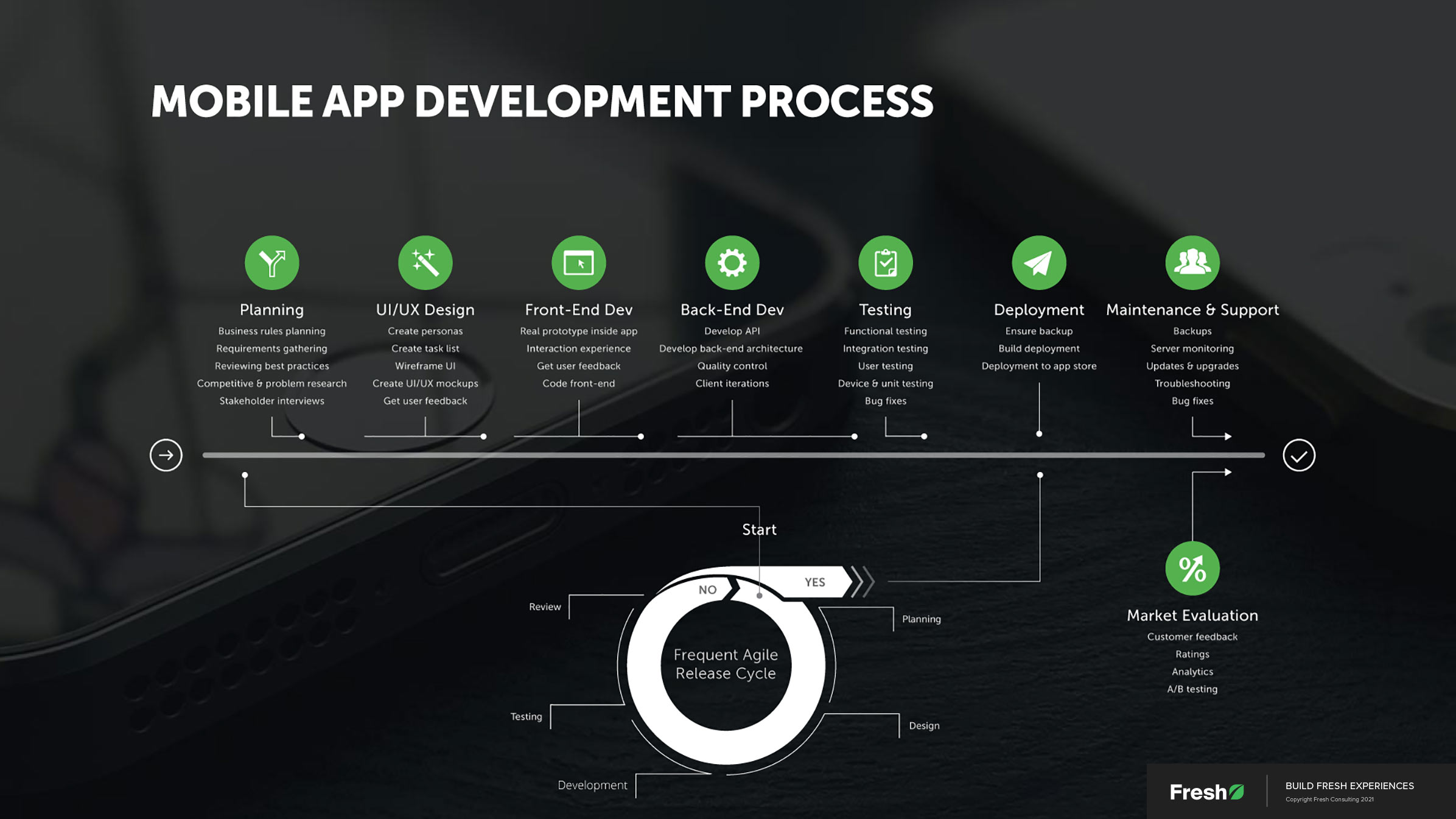
Mobile App Development for Android
Whether you’re a startup or an established company, you may be considering a native Android application for your business. The official language of Android development is Java, which is open-source. Here are some considerations (and potential advantages) to think through when exploring Android mobile app development:
- Location-based features: Android development can leverage certain features like Google Maps, AR, and VR features, geotracking, and biometrics that, depending on your needs, may not be satisfied by iOS.
- Scalability and versatility: The Android mobile app development platform Android Studio allows you to easily integrate your app throughout the Android ecosystem. This includes smartphones, tablets, Android TV, and wearable devices.
- Custom-tailoring for a user base: Where do your users “live”? If your app is internal-facing and everyone uses Android devices, then Android-specific development makes sense. If the vast majority of your global users are on Android devices, the same is true. This requires knowing your user base and balancing their needs against yours as a business.
Here are some additional resources for considering whether Android mobile app development is the right approach for your needs:
- Our “Just a Line” portfolio piece, completed in collaboration with Google
- UX Principle: Use the Right Technology for Your Users and Application
- A primer on AR app development (discussing various platforms)

Mobile App Development for IOS
One of the main reasons for the popularity of iOS devices is their reputation for seamless, intuitive user experiences. You may also be considering native iOS mobile app development to make the most of Apple’s large user network. The official language of iOS app development is Swift, which is open-source. Here are some considerations for whether iOS development makes sense for you.
- An integrated ecosystem: From your iPhone to the Apple Watch, Apple TV, MacBook Pro, and your iPad, Apple products are designed to communicate seamlessly. Many users are loyal to Apple. App extensibility across devices is something to consider.
- Native device hardware: Apple devices are renowned for their best-in-class hardware, which ties to the previous point. An app developed specifically for the Apple ecosystem can be designed to integrate with various devices and leverage the off-the-shelf usability that many users appreciate.
- Security: iOS isn’t invulnerable to malware and other attacks, but submissions to the App Store must go through a rigorous screening process that adheres to Apple’s comprehensive security practice. This doesn’t mean that Android devices and apps are absent of security measures, but given that Apple devices and their OS are inseparable, developers can have more control, and potentially give users peace of mind.
Consider the following resources which explore elements of mobile app development and discuss more of the intricacies and outputs of iOS development:
- Our “Biometric Digital ID” portfolio piece, delivered to NEC
- A portfolio piece on an inventory management system accessible on iOS
- adidas “All Day,” a health and wellness mobile app for iOS and other devices
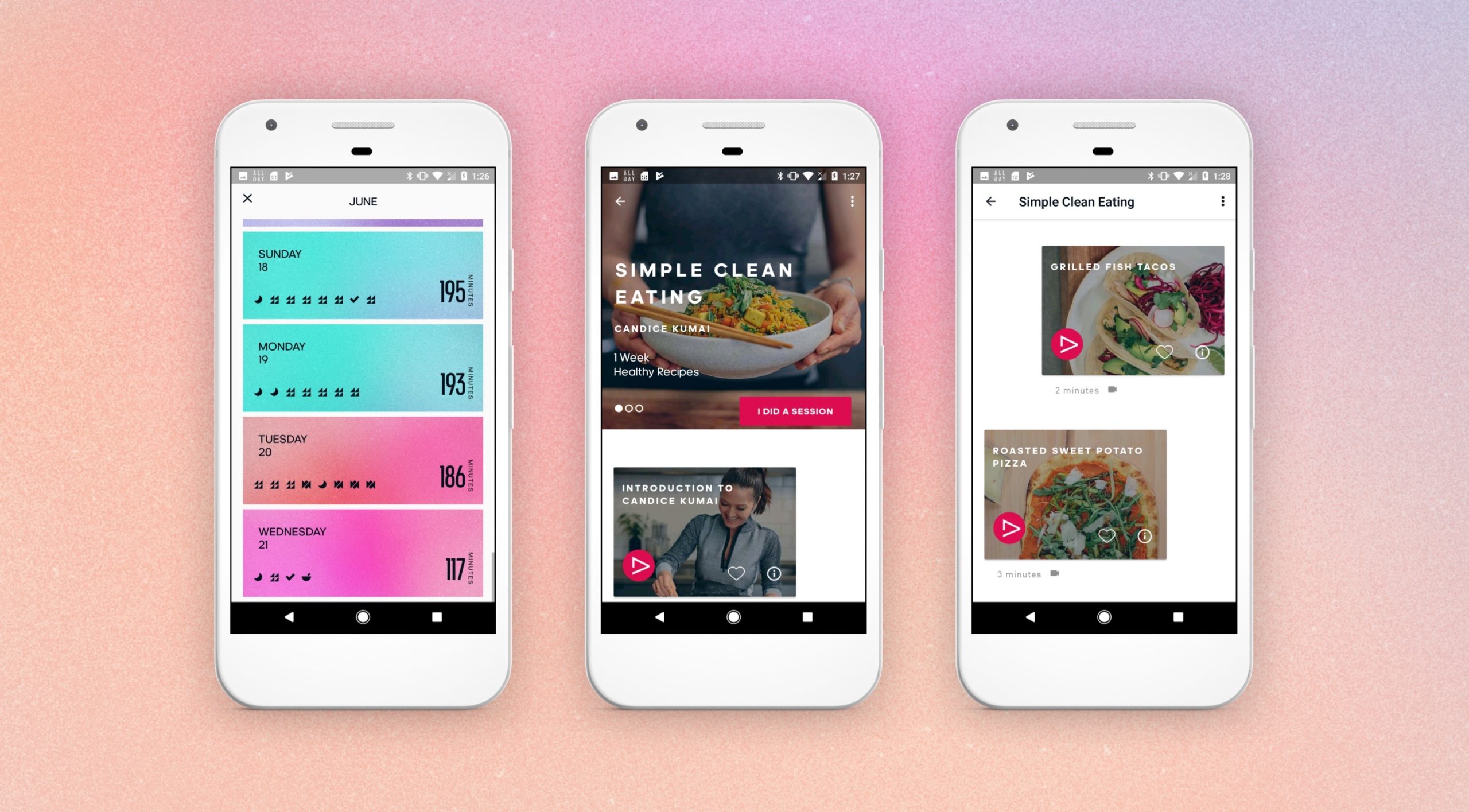
Cross Platform App Development
Hybrid, cross-platform apps are another option. Hybrid apps can run on a variety of operating systems. The benefits of cross-platform app development include:
- A single code base: Hybrid apps are written with a single codebase and work on Android, Apple, and other prominent devices. They can still leverage native hardware and features for the different devices as well, and the approach can allow you to reach a larger audience than developing for one device type or the other.
- Faster development: Because you only need one code base, it’s possible to decrease development time. Additionally, it avoids the cost of working solely with Swift or Java developers, which can be more expensive and logistically complex depending on your resources.
- Extensibility: Well-designed hybrid apps can maintain the same level of quality and usability, in addition to leveraging native device hardware on iOS and Android devices. While there are almost always trade-offs when choosing your approach to mobile app development, reaching a larger user base is certainly one advantage of a hybrid approach.
Here are a few additional resources that show our output when it comes to native and hybrid development:
- Sleep Genius, “an app for healthy sleep”
- Navia Benefit Solutions, “secure, seamless claims management”
- Jenny Life, “life insurance simplified”
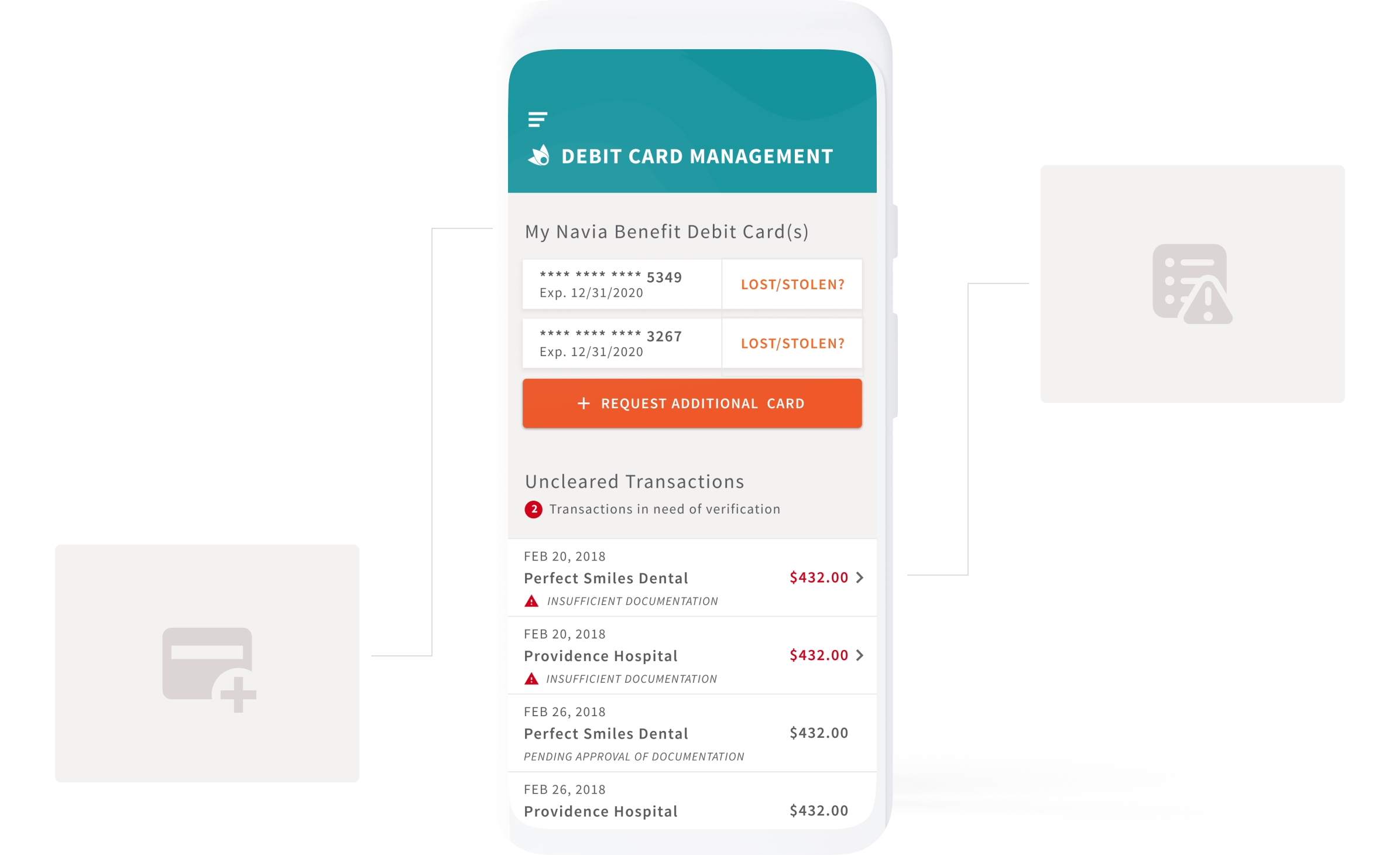
Need help deciding where to start? We’d love to connect.
Many organizations can go it alone with mobile app development, and successfully convert their concepts for apps into reality. But as discussed in this post’s introduction, the space is competitive, and sticking the landing when you go to market is essential. Your first impression with users matters.
Here are a few additional questions to ask yourself when deciding what approach to take:
- What is your development team’s preferred coding language?
- What are the must-have features for your app? What are nice-to-haves?
- Does your app need features that are exclusive to iOS or Android?
- What ecosystem do your users favor? iOS, Android, or both?
- How sophisticated is your app? Does no- or low-code make sense, or is investing in a custom solution a better plan?
- What is your budget and timeline? When do you need to go to market or put your app in users’ hands?
At Fresh Consulting, we can help you through every step of the complex mobile app development process, from the planning stage through wireframing, backend and front end development, and deployment. Even if you’re looking to develop with something like Flutter, which has less of a learning curve than Angular or React, working with a team that understands how to produce Flutter apps successfully can be beneficial. Whatever your industry, whether you need a native application or a hybrid solution, we are here to help.
Contact us today for an introduction so we can understand your challenges and objectives and help you identify an ideal path forward.





